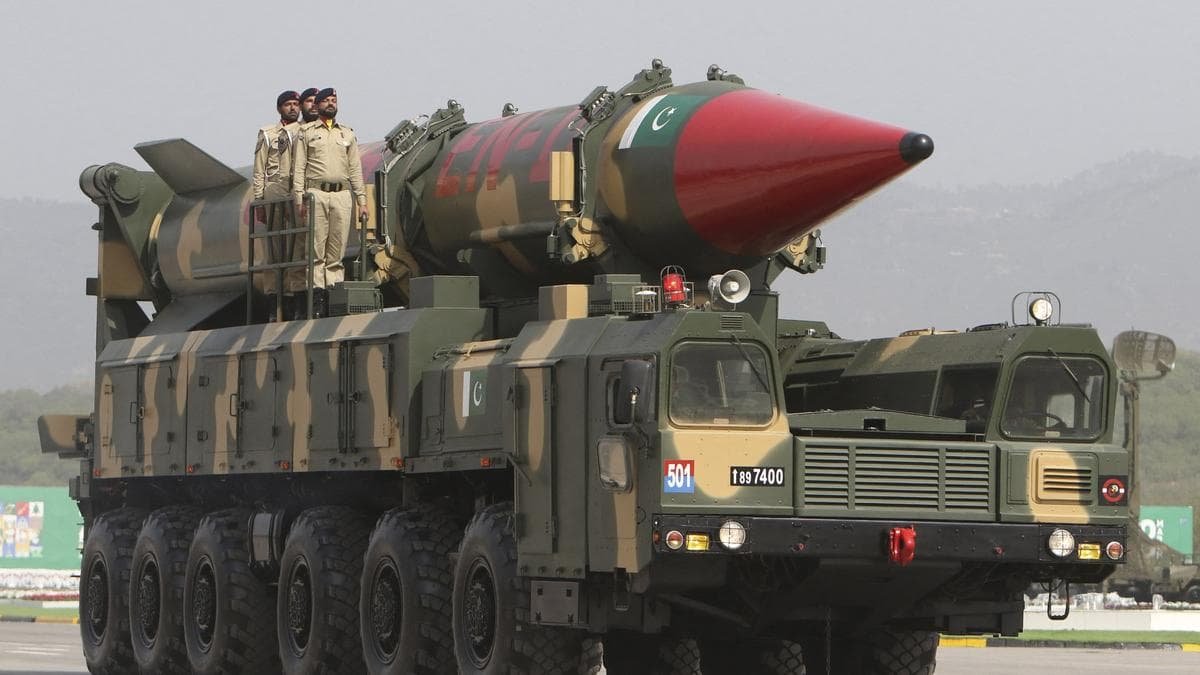Pakistan has unveiled the formation of a dedicated military branch —the Army Rocket Force Command (ARFC), tasked with managing its conventional missile arsenal, a move signifying a marked shift in military strategy amid growing regional tensions.
Prime Minister Shehbaz Sharif announced the creation of the ARFC during a high-profile ceremony in Islamabad held on August 13, on the eve of Pakistan’s 78th Independence Day. Describing it as a “milestone in strengthening the combat capability of Pakistan’s army,” Sharif emphasized that the force would be equipped with “modern technology” and capable of striking adversaries “from all directions.” No further operational details were provided.
A senior security official added that the ARFC would operate under its own command within the Pakistan Army and be solely responsible for the handling and deployment of missiles during conventional warfare. “It is obvious that it is meant for India,” the official noted, underscoring the conventional, non-nuclear thrust of the new unit.
This announcement comes in the aftermath of the intense May conflict with India, widely seen as the most serious military confrontation in decades. Analysts interpret the ARFC as a structural and doctrinal evolution, centralizing missile capabilities that were previously dispersed across units like the Army Strategic Forces Command (for nuclear assets) and artillery corps, and thereby enabling rapid, precise strike options in high-intensity scenarios.
Reports suggest the ARFC may consolidate systems such as the Fatah-I and Fatah-II guided multiple-launch rockets, Babur cruise missiles, and potentially the Shaheen series, under one umbrella optimized for coordinated operations and swift battlefield deployment.
The move mirrors recent defense innovations in South Asia, where conventional missile forces are gaining strategic prominence over traditional nuclear deterrence. Pakistan’s action appears to be a direct countermeasure to India’s own modernization of its missile and artillery capabilities, particularly under the Integrated Rocket Force concept.





